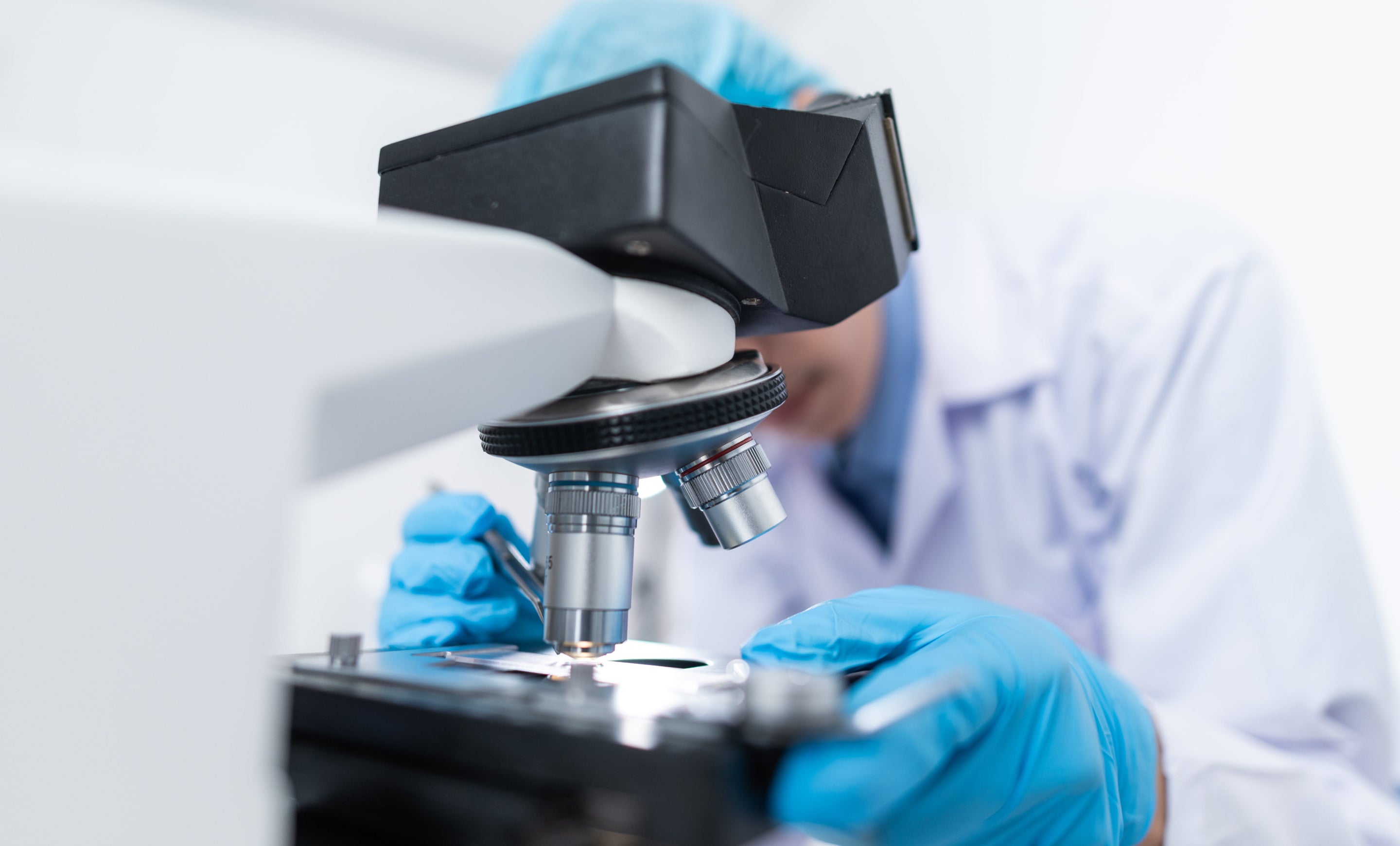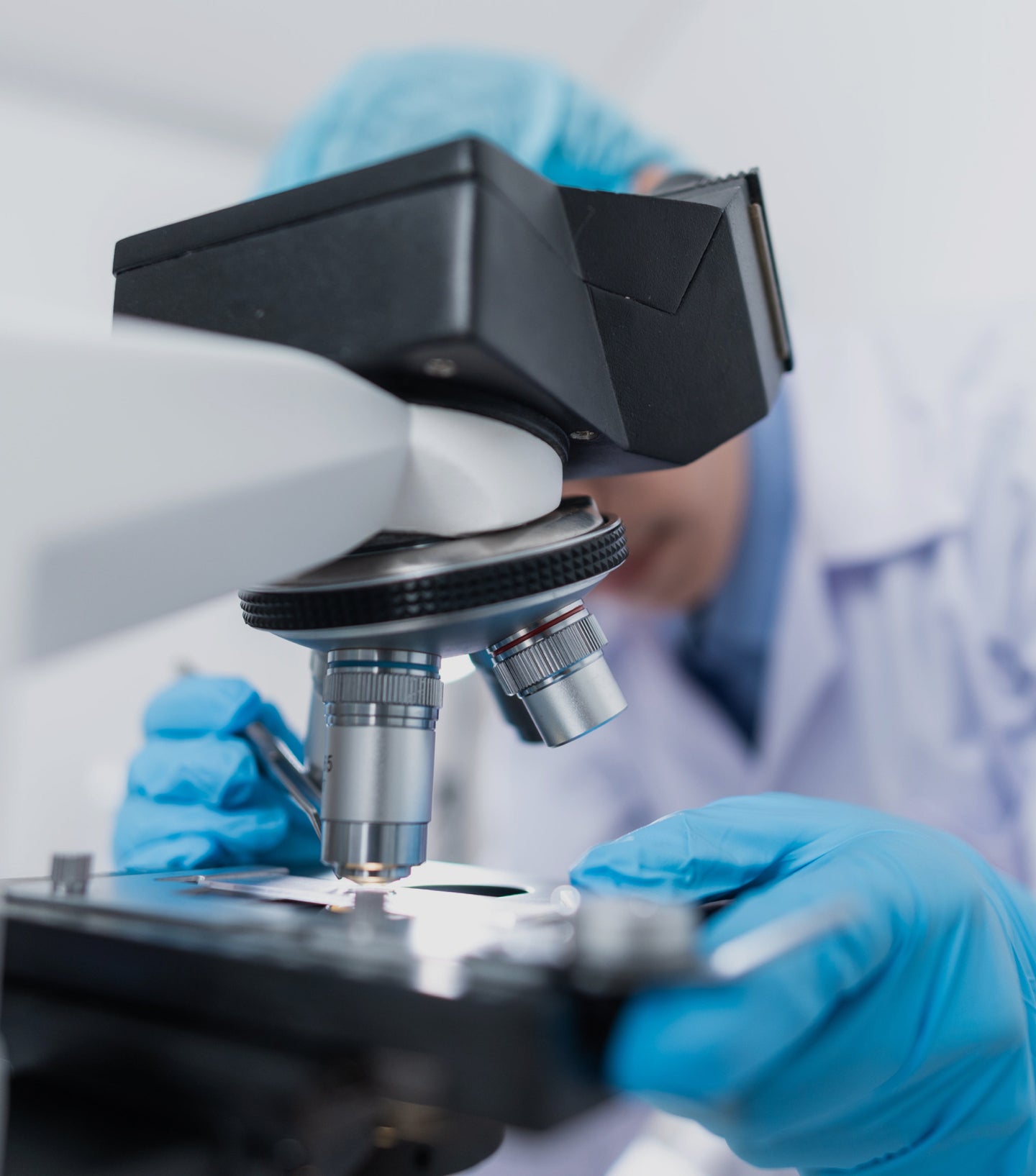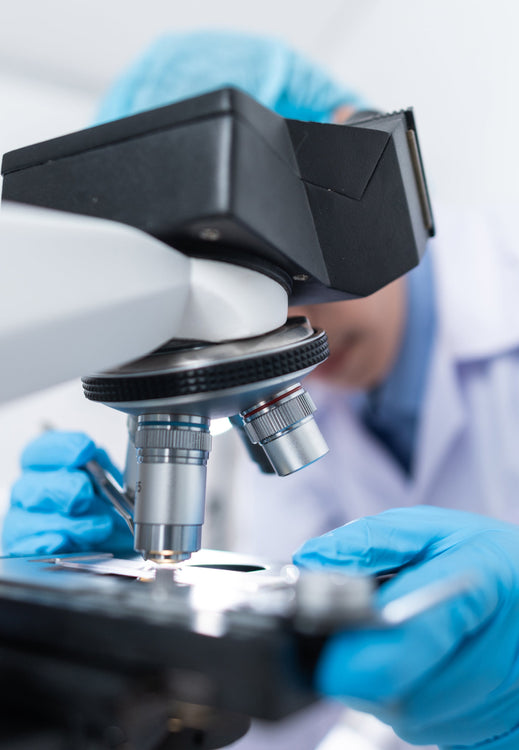
The Critical Nature of Research
The human gastrointestinal (GI) tract is home to trillions of organisms which form the complex bacterial community known as the gut microbiome. Probiotics may increasingly be a key factor in protecting this intricate network from the disastrous effects of disease.
However, formulas vary. Successes will ultimately depend on the bacterial strains utilized, the concentration of bacteria, the way in which strains are processed, and the quality of the strains used.
The De Simone Formulation has been the subject of clinical trials involving more than 370 adult and pediatric patients in the dietary management of dysbiosis associated with IBS.[[[Kim et al. A randomized controlled trial of a probiotic combination VSL# 3 and placebo in irritable bowel syndrome with bloating. Neurogastroenterol Motil (2005) 17,1-10]]]((()))[[[Kim et al. A randomized controlled trial of a probiotic, VSL#3, on gut transit and symptoms in diarrhoea-predominant irritable bowel syndrome. Aliment Pharmacol Ther 2003; 17:895-904]]]((()))[[[Chio et al. Alteration of Gut Microbiotia and Efficacy of Probiotics in Functional Constipation. J Neurogastroenterol Motil. Vol. 21 2093-0879 2015]]]((()))[[[Wong et al. Melatonin Regulation as a Possible Mechanism for Probiotic (VSL#3) in Irritable Bowel Syndrome: A Randomized Double-Blinded Placebo Study. Dig Dis Sci. 2014]]]((()))
Visbiome restores Bifidobacterium in patients who are on the low FODMAP diet. In a clinical study: The low FODMAP diet led to a reduction in Bifidobacterium in the stool. Co-administration of Visbiome increased the numbers of Bifidobacterium species, compared to the low FODMAP Diet alone.
Daily consumption of the De Simone Formulation has been associated with the effective dietary management of ulcerative colitis following published clinical trials involving nearly 500 adult and 47 pediatric patients. A notable study involving 32 adult patients with acute ulcerative colitis yielded a combined 77% remission/response rate with no adverse effects, as measured by Ulcerative Colitis Disease Activity Index (UCDAI) score.
In a controlled clinical trial, the formulation in Visbiome was shown to support patients consuming antibiotics.1 None of the patients that received the Visbiome Formulation while being treated with antibiotics presented with diarrhea, while 11.4% of patients that received the placebo experienced diarrhea. The length of hospitalization of the patients that received the De Simone Formulation was also shorter than patients that received the placebo; 6.7 vs 8.7 days.
In three double-blind, placebo-controlled trials and one open trial, the De Simone Formulation has been shown to aid in the dietary management of the Ileal-Pouch.[[[Gionchetti P, et al. Oral bacteriotherapy as maintenance treatment in patients with chronic pouchitis: A double-blind, placebo-controlled trial. Gastroenterology. 2000;119(2):305-309.]]]((()))[[[Gionchetti P, et al. Prophylaxis of pouchitis onset with probiotic therapy: A double-blind, placebo-controlled trial. Gastroenterology. 2003b;124(5):1202-1209.]]]((()))[[[Mimura et al. Once daily high dose probiotic therapy (VSL#3*) for maintaining remission in recurrent or refractory pouchitis. Gut 2004; 53: 108-114]]]((()))
- In Gionchetti et al. (2000), 40 patients with chronic relapsing pouchitis were randomized to the probiotic or placebo after one month of antibiotic treatment. In the dietary management of remission, 20 patients consuming the probiotic were still in remission after nine months compared to zero in the placebo group.
- The De Simone Formulation has since been recognized as an effective tool for the dietary management of pouchitis by the American College of Gastroenterology, the German Association of Gastroenterology, the British Society of Gastroenterology, the European Crohn’s and Colitis Organization (ECCO), and The Cochrane Collaboration.[[[Kornbluth, et al. Ulcerative colitis practice guidelines in adults (update): American College of Gastroenterology, Practice Committee. Am J Gastroenterol. 2010; Mar;105(3):501-23.]]]((()))[[[Hoffmann JC, et al. Diagnosis and therapy of ulcerative colitis: results of an evidence based consensus conference by the German Society of Digestive and Metabolic Diseases and the competence network on inflammatory bowel disease. Z Gastroenterol. 2004;42:979-983.]]]((()))[[[Mowat C, et al. Guidelines for the management of inflammatory bowel disease in adults. Gut. 2011. May 60(5) 571-607]]]((()))[[[Biancone L, et al. European evidence-based Consensus on the management of ulcerative colitis: Special situations. J. Crohns Colitis. (2008) 2, 63-92]]]((()))
In the dietary management of dysbiosis associated with hepatic encephalopathy (HE), the De Simone Formulation has been the subject of multiple controlled clinical studies involving over 750 patients. In one placebo-controlled trial involving 160 cirrhotic patients, those consuming the De Simone Formulation for dysbiosis experienced a reduced incidence of HE, reduced ammonia levels, and improvements in psychometric test compared to controls.
The De Simone Formulation has been the subject of two trials involving patients between the ages of 1.7 and 17 years of age with active ulcerative colitis (UC), and another involving patients with IBS.
- In the first trial, 29 patients were randomized to receive dietary management with the De Simone Formulation or placebo concomitantly with standard UC treatment (steroids, 5-ASA). Of the 29 patients, 92.8% of those treated with the De Simone Formulation and standard therapy achieved remission vs. 36.4% in the placebo arm.
- In the second study in pediatric patients with mild-to-moderate acute UC , the De Simone Formulation was administered open-label for eight weeks.
- Thirteen patients (56%) achieved remission.
- The combined remission/response rate was 61%.
- A third open-label study was conducted in 59 pediatric patients with irritable bowel syndrome (IBS). In this study, probiotics reduced the intensity and frequency of abdominal pain and bloating after six weeks.
Further research into such disease states will help scientists better understand their connectivity and the way Visbiome could potentially help to restore a healthy microbiome ecology.


